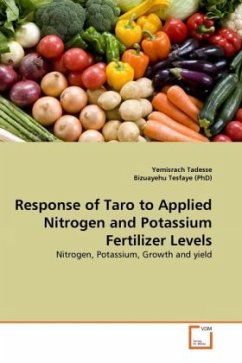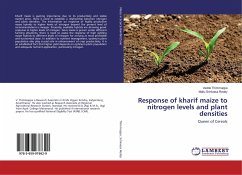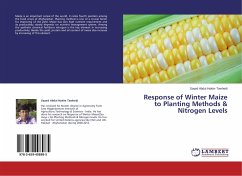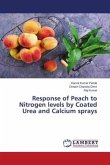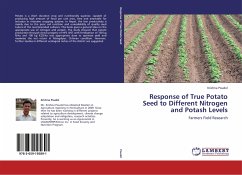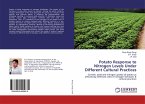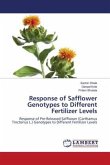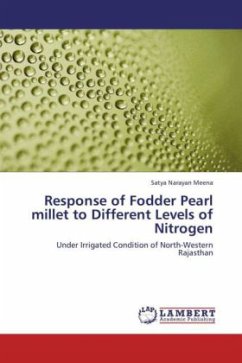Taro (Colocasia esculenta L.) is one of the major staple root crops in different countries of the world.However, the yield potential is seldom realized, and among the yield limiting factors, soil fertility is one of the major factor affecting the yield of the crop. Thus, this book gives research result on Response Taro to Applied N and K Fertilizer Levels. Two types of fertilizers at different levels, i.e. K (0, 75, 150 and 225 kg ha-1) and N (0, 50, 100, 150 and 200 kg ha-1), were combined in factorial for the experimental study. The response of taro to N and K levels was assessed by examining growth and yield parameters. The result revealed that K had no significant effect on the growth and yield of taro, except for the corm dry weight. But N had significantly affected both the growth and yield of taro. The maximum yield (60.96 t ha-1) was obtained by application of 150 kg N ha-1. Economic analysis showed that the highest net benefit was obtained in treatment combination of 75 kg K ha-1 with 150 kg N ha-1. However, the marginal rate of return analysis was optimum when 100 kg N ha-1 was applied. Thus, 100 kg N ha-1 was found optimum for taro production based on this experiment.
Bitte wählen Sie Ihr Anliegen aus.
Rechnungen
Retourenschein anfordern
Bestellstatus
Storno

